Description
“Goodbye War, Goodbye Peace” is the title of a book by Mahmoud Darwish, comprising prose essays and reflections written in 1974. It reflects the embodiment of the historical moment experienced by the Palestinian cause in its conflict with the Israeli occupier.
A first reading of the text suggests a conscious creative effort based on well-structured structures, such that the recipient feels as if they are dealing with a project whose ideas and foundations were already prepared. In introducing this work, Darwish wrote: “This book… Margins of the October 1973 War… was written during the stages of waiting, explosion, and return. The author dedicates it to the blood of the Arab martyrs and fighters, who drew the features of a new image of the Arab presence in the world. And she left without asking what we do with her great gifts.” After this opening text, the writer sets three main titles for the book: First: A Horse Loves a Gazelle, Second: Good Morning Joy, Third: What Did You Do with Autumn… O Sarhan. From this title, the title of the book is derived: “Goodbye War… Goodbye Peace.” In it, the focus is on closed spaces in the literary work… One door for more than one cell or one door for all the cells. Thus, Darwish begins to describe the maze in which “Sarhan” lives inside his cell, to tell us that the prisoner and the jailer are both deprived of freedom. The guard was asleep. And Sarhan’s dream was to wander, free, in the space of the prison cell. The text also highlights the writer’s philosophy on war and peace: “Why did you lose peace? Because I was lost in war. Peace is born only from the end of war…” In the text’s space, the prison room, or “cell,” emerges as an important psychological place and a structural indicator of the presence of the prisoner’s character in the literary work. In this regard, it becomes a form of the human experience—in the event of war—and an extension of it. It also serves as the stage for the event in which the heroic character, the prisoner Sarhan, will appear and establish its connotations in the text. One door to more than one cell. It is the door of freedom. He wrote down the following sentence: “Farewell, O war,” and felt it was an incomplete sentence. A synonymous sentence fell from it: “Farewell, O homeland!”

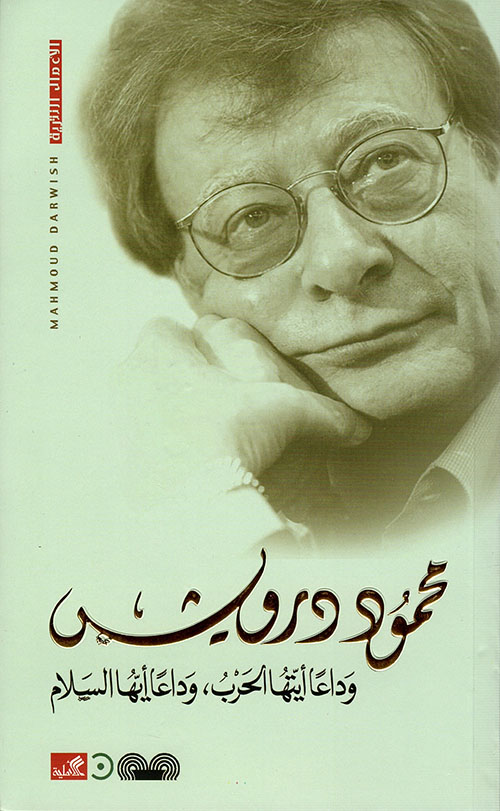
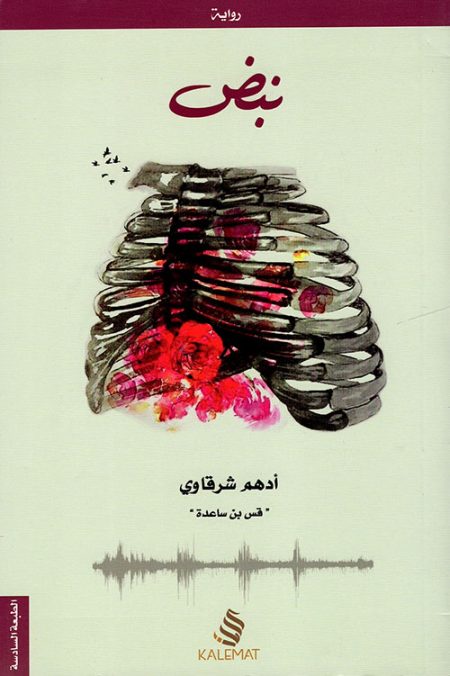

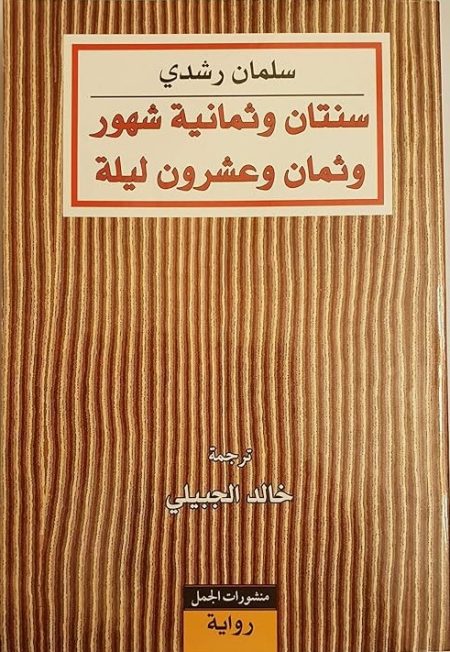
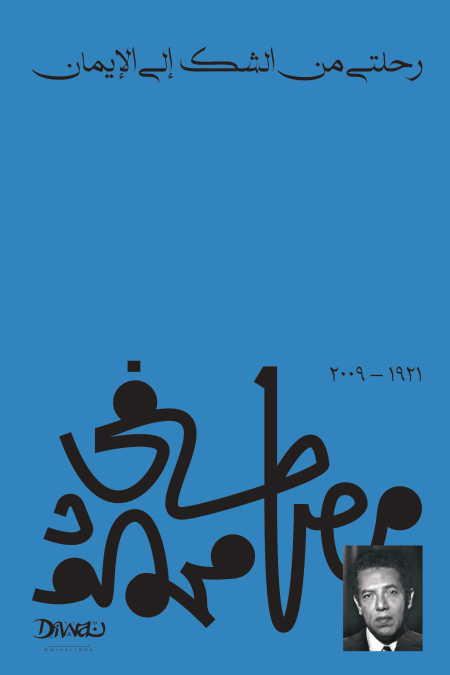
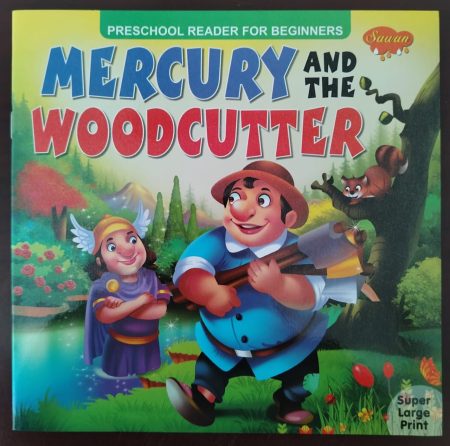
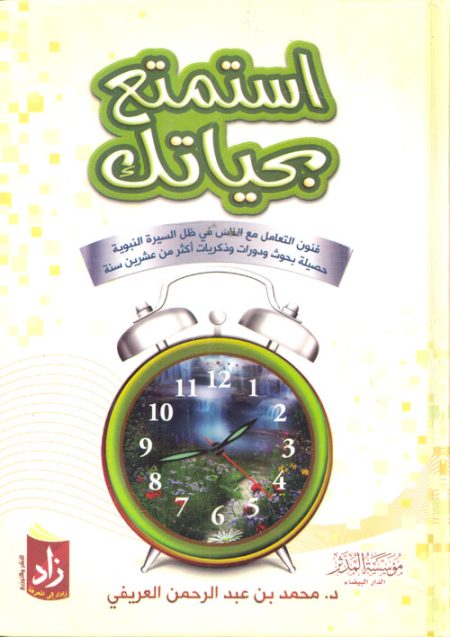



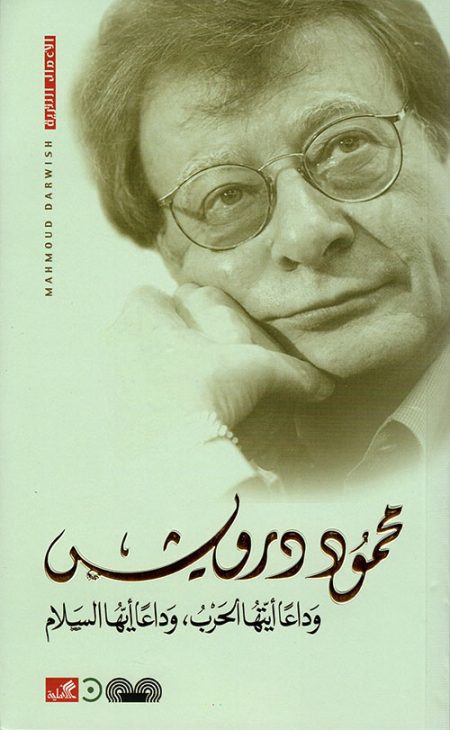
Reviews
There are no reviews yet.